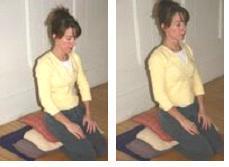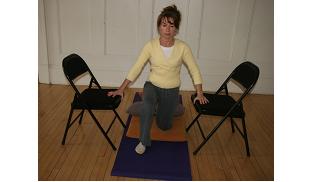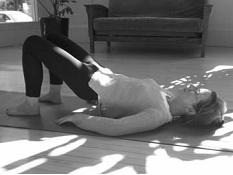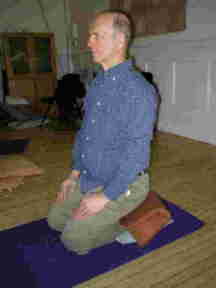What is Neigong?
Neigong is the most complete version of the Taoist approach to working with chi in the body and is at the core of qigong, tai chi and Taoist yoga practices. In this 16-part system that moves from the simple to the complex, students learn to become aware of, and directly affect, all of the subtle energy flows that power an individual’s physical body, emotions and thought patterns.
This detailed system is usually not taught to beginning students. While some aspects of neigong may be accessible to beginners, most aspects are more complex and may take many years to develop. Any stage of learning neigong is very rewarding, as well as extremely beneficial for increasing physical health and well-being. (Bruce Frantzis, Opening the Energy Gates of Your Body)
How does this fit in with Taoist Longevity Yoga?
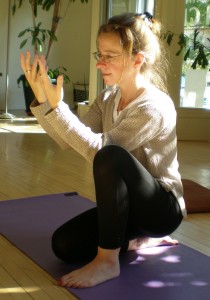 In Taoist Longevity Yoga we use Longevity Breathing exercises to access the breath, feel our insides and connect the breath within the body, an early aspect of the neigong system. In this process we pay attention to the nuances of our own particular breathing pattern and learn how to relax and open the breath more deeply in the body. Longevity Breathing in and of itself becomes an ever more complex practice for advanced students to create longer and more precise breathing patterns.
In Taoist Longevity Yoga we use Longevity Breathing exercises to access the breath, feel our insides and connect the breath within the body, an early aspect of the neigong system. In this process we pay attention to the nuances of our own particular breathing pattern and learn how to relax and open the breath more deeply in the body. Longevity Breathing in and of itself becomes an ever more complex practice for advanced students to create longer and more precise breathing patterns.
In Taoist Longevity Yoga, we also work with specific postures to relax and open the body. Longevity Breathing exercises bring us in tune with how our body feels, and in the postures of Taoist Longevity Yoga, we work with that awareness to feel obvious and subtle aspects of the physical body. Advanced study of Taoist Longevity Yoga provides students the opportunity to delve into neigong in detail.
The study of Neigong
The neigong system is not necessarily, linear, and is more accurately described as circular. Beginning students touch upon aspects of neigong, more advanced students visit and re-visit these same aspects with an increasing depth of understanding and skill. (Frantzis, Opening the Energy Gates of Your Body). Most Westerners are accustomed to “linear” learning, and as a result we may attach significance to reaching particular points of external achievement, and there is often a distinct separation between individuals who have and have not reached these milestones. In the Taoist approach, students are encouraged to move at their own pace, take responsibility for themselves, and gauge their internal process, and it is possible that students in a class will have a mix of depth of skill in various aspects of neigong.
The importance of finding a good teacher
If you decide to explore neigong within the practice of Taoist yoga, tai chi or qigong , it is essential to work with a well-trained instructor. Reading and audio-visual material are an excellent aid to your practice, but it’s important to keep in mind that they do not take the place of a teacher. Bruce Frantzis discusses the importance of a good teacher in his book “Opening the Energy Gates of Your Body” :
“Generally, the components of neigong are not casually taught, especially for beginning and intermediate students. The techniques should be learned from a skilled instructor and the student’s practice should be monitored and guided carefully….the danger with incomplete learning is that you can become unbalanced.
The job of your instructor is to make sure that you do not.
Instructors must do their best to make sure:
- Students’ energy remains smooth and does not become hyperactive
- Students avoid dangerous practices
- Students avoid addiction to over-stimulation
- Students abide by the 70% rule
- Students maintain clarity of mind
(Bruce Frantzis, “Opening the Energy Gates of Your Body“, pp.240-241)
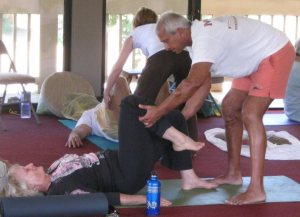 In addition to tai chi, qigong and Taoist yoga instruction, these guidelines are helpful to keep in mind when looking for a teacher of yoga, meditation, or any other in-depth body/mind system.
In addition to tai chi, qigong and Taoist yoga instruction, these guidelines are helpful to keep in mind when looking for a teacher of yoga, meditation, or any other in-depth body/mind system.
The study of Taoist arts, including Taoist Longevity Yoga, at even the very beginning stages, is extremely beneficial in creating better health and vitality. Engaging in the process is also fun and relaxing, and provides the opportunity to get to know others of like interest.

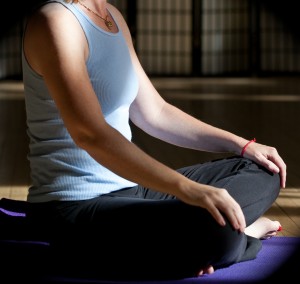
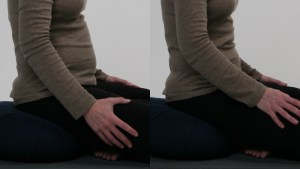

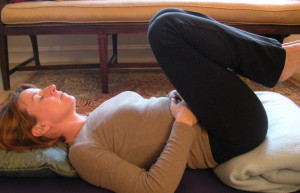
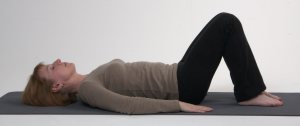
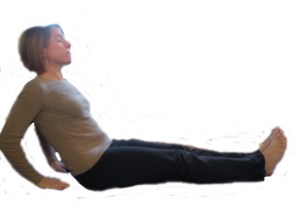
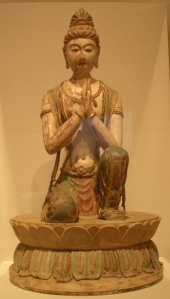
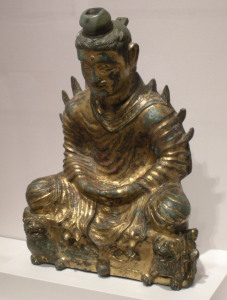
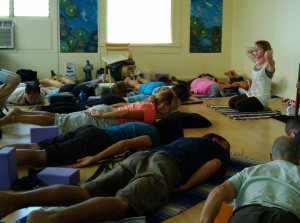

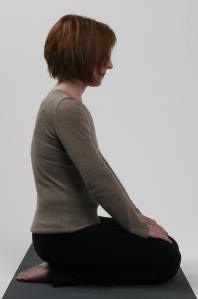 Students beginning with Longevity Breathing Yoga often ask about working with their breathing. The breath is central in LB Yoga as well as other arts we teach at Brookline Tai Chi.
Students beginning with Longevity Breathing Yoga often ask about working with their breathing. The breath is central in LB Yoga as well as other arts we teach at Brookline Tai Chi.